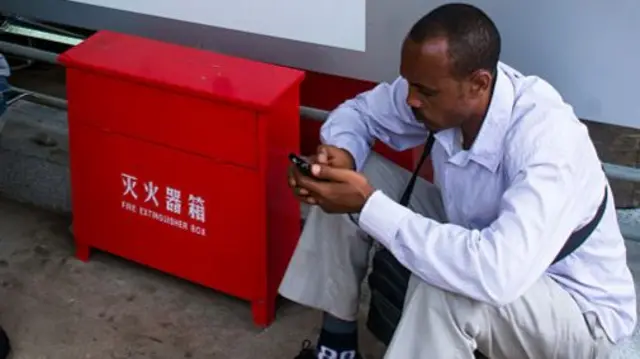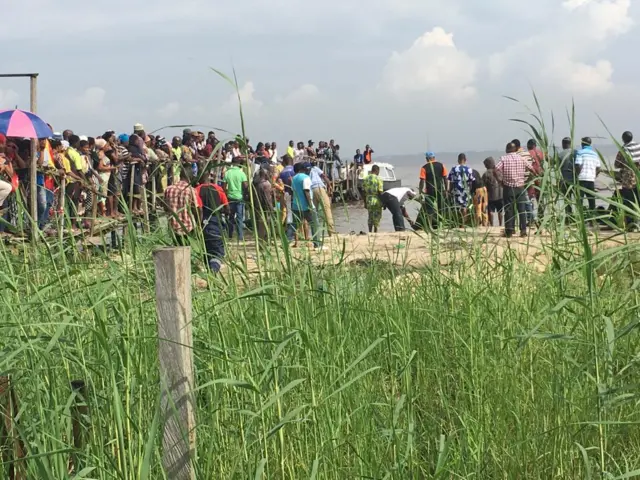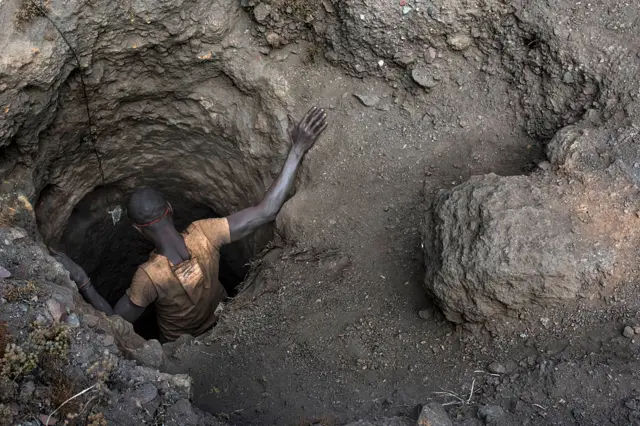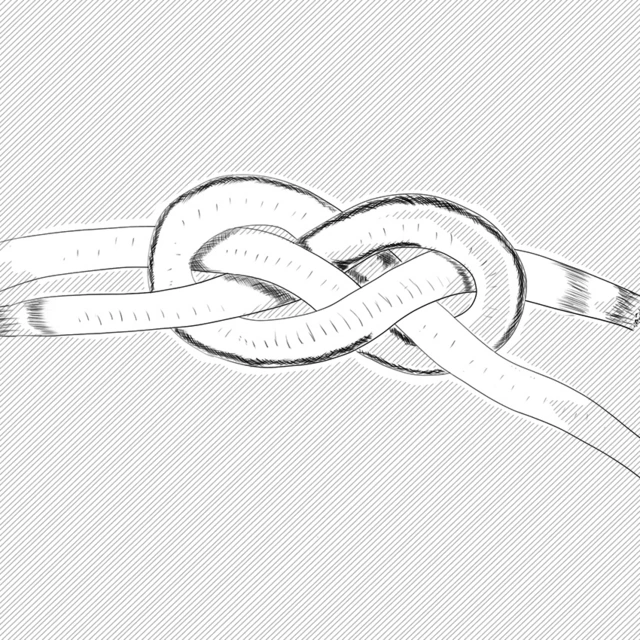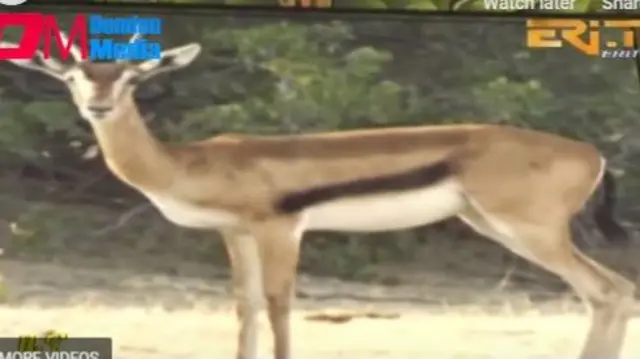Call to protect Rwanda's independence celebrationpublished at 12:23 BST 2 July 2019
Cyuzuzo Samba
BBC Great Lakes, Nairobi
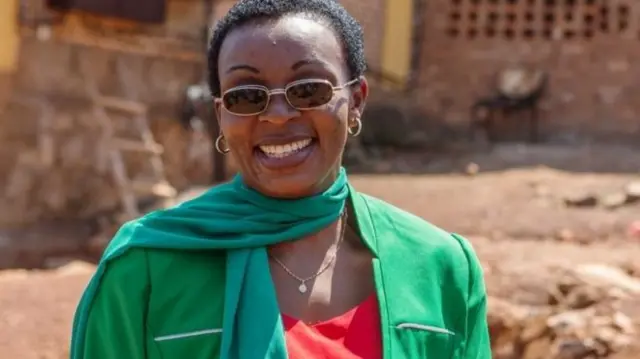 Image source, Reuters
Image source, ReutersVictoire Ingabire accused the government of trying to destroy history
Prominent Rwandan opposition figure Victoire Ingabire has accused the government of overshadowing Independence Day celebrations in favour of Liberation Day, marking when the governing Rwandan Patriotic Front came to power after the genocide ended.
Rwanda marked its 57th independence day on Monday but without elaborate celebrations.
The government of Rwanda has previously said that the two days - 1 July and 4 July - were combined because they are both meaningful and close.
Mrs Ingabire, who leads the FDU-Inkungi party, said in a statement that President Paul Kagame's government was trying "to change the history as Independence Day is almost forgotten".
Mrs Ingabire called on Rwandans to take lessons from the fight for independence against Belgium to campaign for their rights for their freedom of expression and opposition, which she accused the government of denying to citizens.
“Powers come and go, but the history remains, no one should try to destroy the history," Mrs Ingabire said.
Mrs Ingabire was released from prison on a presidential pardon last year after having served five years in jail on charges of threatening state security and "belittling" the 1994 genocide.

